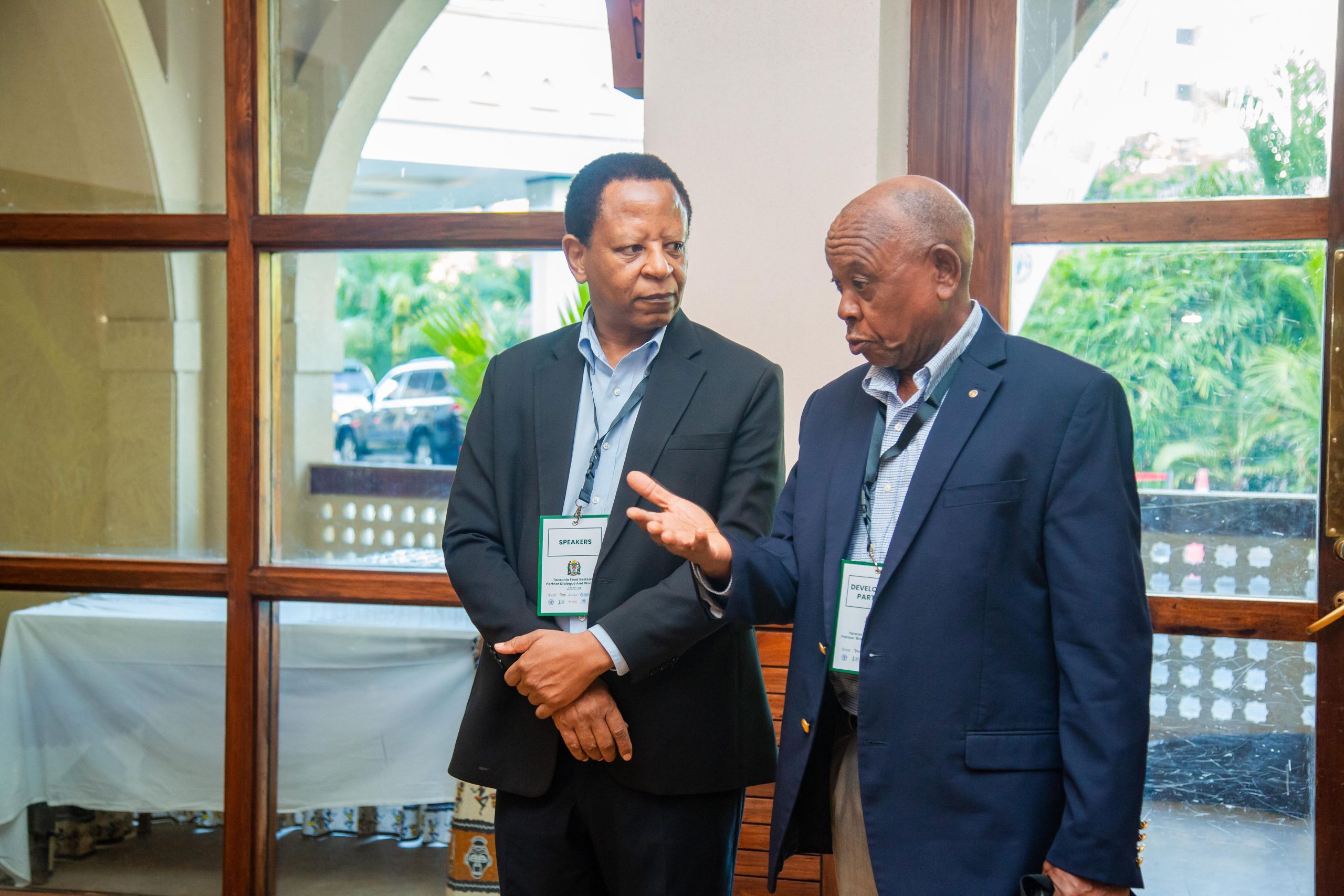By Beda Msimbe
Tanzania has made significant strides toward a more robust, sustainable food system, underscored at the Tanzania Food Systems Partner Dialogue and Workshop held in Dar es Salaam on July 11, 2024. This gathering of diverse stakeholders—government officials, private sector representatives, farmer organisations, and development partners—focused on identifying key priorities and investment opportunities within the nation’s food systems.
A central theme of the workshop was the vital issue of youth engagement in agriculture. Participants emphasised the need to tackle four significant challenges hindering young people’s entry into farming: limited access to land, lack of appropriate technology, inadequate financial capital, and unreliable markets. These barriers prevent aspiring young farmers from acquiring fertile land, utilising modern tools and techniques to enhance efficiency, securing affordable financing, and establishing stable channels for selling their produce.
In the discussions, the Minister of Agriculture, Hon. Hussein Bashe, emphasised the need to change financial systems to make it easier for young people to access agricultural loans. He said the current system denies young people opportunities by requiring collateral such as land, which many still need.
“We need a new approach to lending that targets young people and considers their ability to repay,” said Hon. Bashe. “The current system hinders agricultural development and discourages young people.”
He said significant economies and international institutions need to recognise the difference between the economies of Western nations (supermarket economies) and the agricultural-based economies of African countries, thus changing the borrowing system to enable young people to engage in agriculture.
“Telling graduates to have money or collateral instead of looking at their project, then lending them is a problem that disrupts the good intention of providing jobs for young people,” he said.
He said that to develop agriculture and encourage all young people to engage in it, the central bank should consider a robust agricultural policy that revitalises young people. This policy will enable young people to borrow and be given time to repay.
He said Tanzania’s challenge, like the world’s, is the security of food systems and employment for young people. He said a policy that will look at agriculture is needed.
Speaking at the workshop, the Chairman AGRA ( Sustainably Growing Africa’s Food Systems), formerly known as Alliance for a Green Revolution in Africa), who is also the former Prime Minister of Ethiopia, Hon. Hailemariam Dessalegn, called for continued strengthening of strategies to attract more young people to agriculture by making agriculture more modern.
He said that because many young people understand technology and modern life, the biggest thing that should be examined is to see what they want and create plans to meet their needs.
“Our agriculture deserves to be smarter; we must have modern agriculture where young people will adapt to the current changes in technology to ensure they do productive agriculture,” said the former Prime Minister of Ethiopia, who is also an advisor on food systems security issues in the African Union.
He said that Africa cannot export many products for various reasons, including failing to meet international standards. Still, if young people are persuaded to enter agriculture, they will know how to produce high-yield and standard products, thus making agriculture very profitable.
The workshop also highlighted the importance of building a sustainable food system that can cope with climate change and ensure food security for future generations.
Participants emphasised investing in productive agriculture, water conservation, and sustainable farming methods. They also called on the government and the private sector to collaborate to create a better business environment for farmers.
The workshop launched the 10/30 Agriculture Investment Agenda Investment Map, a plan to improve agriculture in Tanzania. It also presented the priorities of the New Agriculture Plan, which aims to transform the country’s agricultural sector.
The workshop’s results will guide Tanzania’s participation in upcoming events such as the Africa Food Systems Forum, COP29, and UNFSS+4.
In addition, during the one-day workshop, participants witnessed the Tanzanian nation’s determination to improve its food system and ensure food security for all its citizens.
The National Food Systems Workshop has laid a solid foundation for achieving this goal by examining 2023’s discussions, successes, and challenges.
The Acting Permanent Secretary of the Ministry of Agriculture, Dr Hussein M. Omar, speaking while directing the workshop, emphasised the importance of achieving these goals through a sustainable and competitive agricultural sector and strong coordination of stakeholders.
“With cooperation and appropriate investment, Tanzania can build a sustainable food system that ensures the well-being of its society today and for future generations,” said Dr. Hussein M. Omar.
The workshop recognised the challenges of climate change but highlighted existing strategies, such as implementing the 10/30 Agenda Investment Map and establishing the Agricultural Transformation Office (ATO). This plan aims to improve resilience and ensure sustainable food systems in Tanzania.
The discussions focused on identifying key actions to address food insecurity, malnutrition, unemployment, and environmental degradation.
The workshop also included the launch of the 10/30 Agriculture Investment Agenda Key Investment Map Program and the priorities of the New Agriculture Plan.
The workshop also set the stage for further collaboration towards food systems transformation.
The workshop’s results will inform Tanzania’s participation in upcoming events such as the Africa Food Systems Forum, COP29, and UNFSS+4.
Several steps taken to engage youth in agriculture show that Tanzania has already begun to implement national pathways to transform food systems, in line with the implementation of international resolutions such as the Malabo Declaration, the United Nations Sustainable Development Goals (SDGs), and Agenda 2063.
AGRA, AFS Forum, World Bank, United Nations Food Systems Coordination Hub, CGIAR, FAO, IFAD, GAIN, UN Resident Coordinator’s Office, and Food Action Alliance jointly coordinated the Ministry of Agriculture workshop.
End
